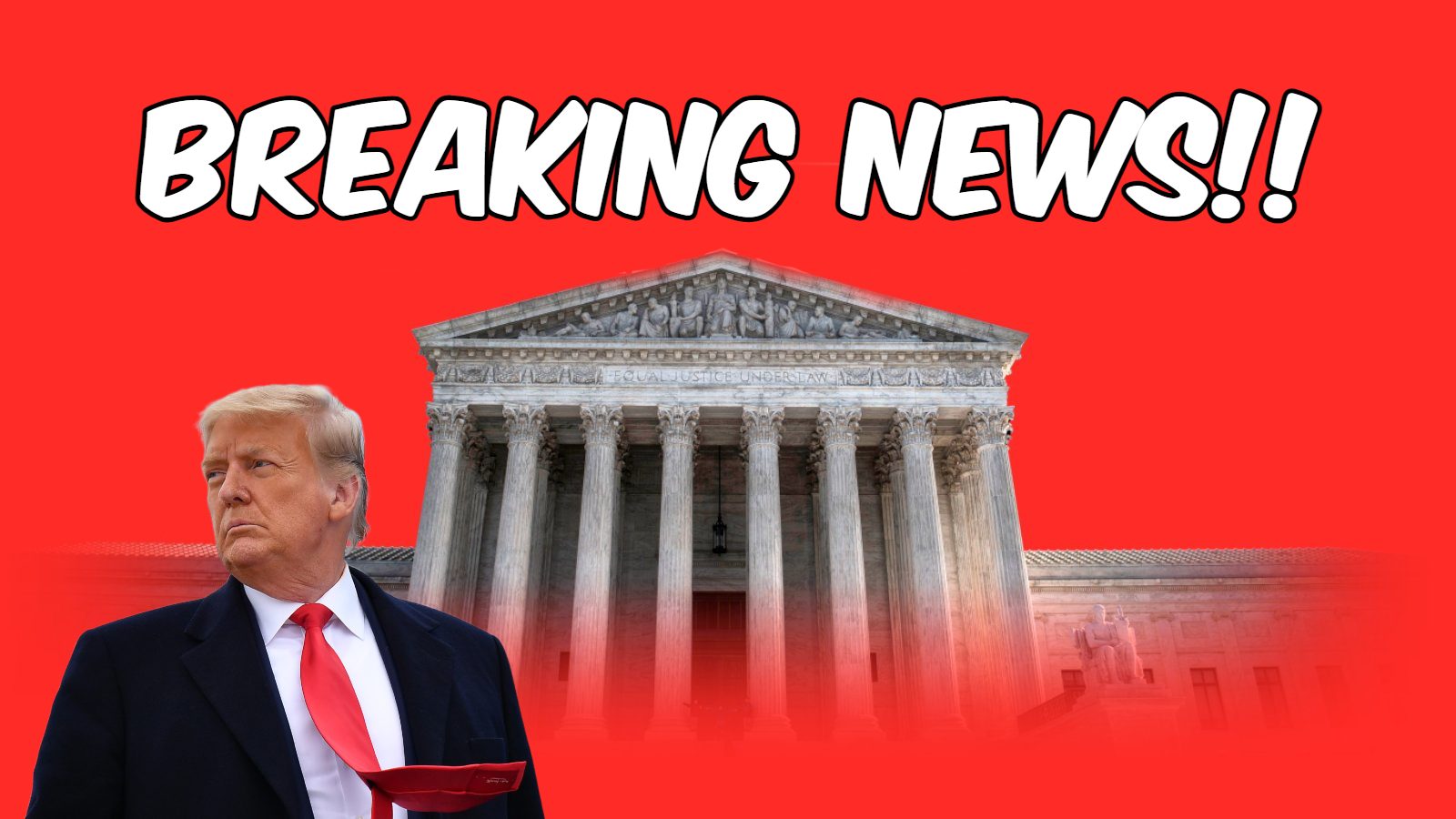The Supreme Court is about to drop a political bombshell, and the left knows it. Last week, the justices took another look at Louisiana v. Callais, a case that could seriously rewrite the electoral map—and potentially hand the Republican Party rock-solid control of the House of Representatives for years to come.
At the heart of the case is Section 2 of the 1965 Voting Rights Act, which has been used for decades to mandate the creation of “majority-minority” districts. Translation: redrawing congressional maps based on race. Democrats love this provision because it allows them to carve out guaranteed blue seats by concentrating minority voters in specific districts. But the justices are now questioning whether that practice is constitutional at all.
The case began after Louisiana created a new congressional map in 2022 that included only one majority-Black district, despite the state being roughly one-third Black. A group of Black voters challenged the map under Section 2, and the usual liberal circuit courts jumped in to force the state to draw a second majority-Black district. That new map was used in the 2024 election, sending Democrat Cleo Fields to Congress.
Then came the backlash. A group of “non-African American” voters sued, arguing that the 2024 map violated the 14th Amendment by intentionally using race as the driving factor in drawing the districts. And the three-judge federal panel agreed, banning the map from being used again. The Supreme Court temporarily put that decision on hold and agreed to hear the case. Now, the stakes couldn’t be higher.
During oral arguments, the justices asked whether the state’s decision to create a second majority-minority district actually violates the Constitution’s guarantee of equal protection. Chief Justice Roberts, not exactly known for rocking the boat, even said the Court shouldn’t be bound by its 2023 Milligan decision, where Alabama was forced to add another minority district. In other words, all bets are off.
Louisiana’s Solicitor General laid it out clearly: Section 2, as interpreted today, forces states into race-based gerrymandering. That’s unconstitutional, period. And he’s right. You can’t claim to fight racism by mandating racial sorting in voting maps.
If the Court strikes down Section 2 or guts its enforcement, Republicans could toss out a dozen Democrat-held seats across the South. That would lock in House control for the GOP, opening the door for President Trump to push his agenda without obstruction from the radical left.
It’s not just a legal case. It’s a turning point.


Leave a Comment